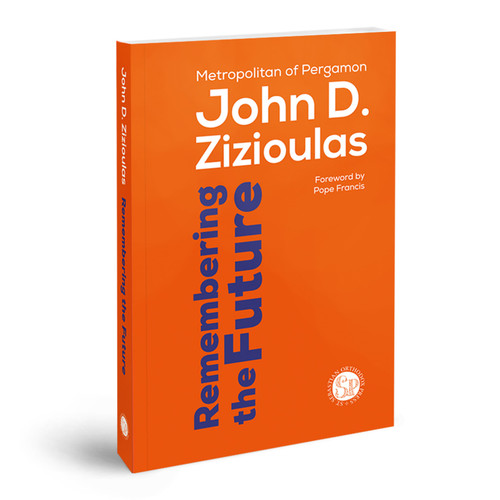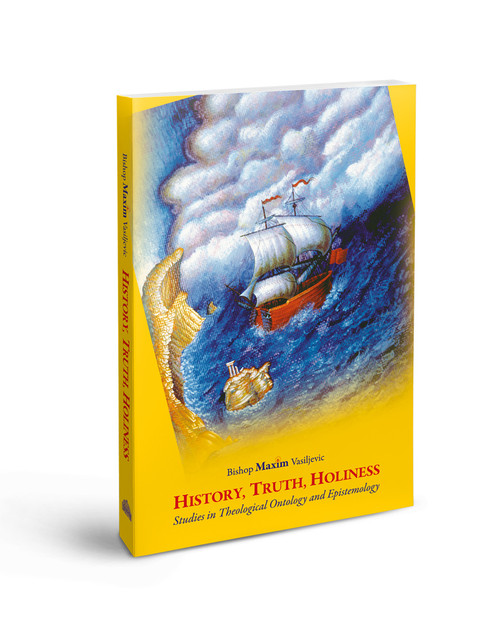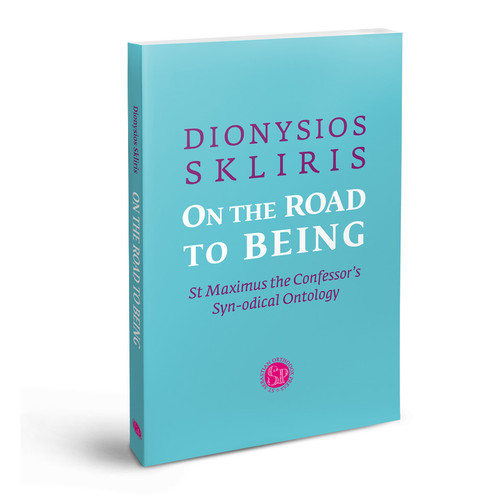Knowing as Willing: The Ontology of Person, Nature, and Freedom
- Author:
- John D. Zizioulas, Metropolitan of Pergamon
- Editor:
- Bishop Maxim Vasiljević
- ISBN:
- 978-1-964233-15-4
- Book Details:
- Paperback · duotone · 6 × 9 × 0.4 in · 180 pages · English (Latin) · Publisher: Sebastian Press · 2025
This book, Knowing is Willing, is a rich collection of essays and studies by the renowned Orthodox theologian, the late Metropolitan of Pergamon John Zizioulas. Written during his later period (2000- 2020), these works represent his mature theological reflections and engage with contemporary debates surrounding his thought. The collection explores pivotal themes such as relational ontology, Trinitarian freedom, the interplay of personhood and nature, and the relationship between individual faith and communal belonging. It delves into the profound connections between knowledge, being, and will, offering fresh perspectives on how these concepts intertwine and shape our understanding of God, the world, and ourselves.
The essays draw deeply from patristic sources, particularly the Cappadocian Fathers and St. Maximus the Confessor, while also engaging with modern thinkers like Thomas Aquinas and Dietrich von Hildebrand. This dialogue between ancient and modern thought allows Metropolitan John to address contemporary theological questions with the wisdom of the Christian tradition. The book examines the shift from substance-based ontology to a relational ontology, highlighting the implications for understanding creation and the Trinity. It explores the nature of freedom within the Trinity and its connection to human freedom. It also delves into the relationship between the Church and the Trinity, emphasizing the Church’s identity as a communion rooted in the Trinitarian life.
Furthermore, the book addresses the relationship between person and nature, drawing on the insights of St. Maximus the Confessor to illuminate the dynamic interplay between these two dimensions of human existence. Metropolitan John also offers a comparative analysis of the Cappadocian Fathers and Thomas Aquinas on personhood, highlighting both convergences and divergences in their approaches. He provides a patristic reading of Dietrich von Hildebrand’s understanding of love, weaving together the ethical and relational dimensions of personhood.
The book concludes with Zizioulas’ reflections on Luther’s doctrine of Sola Fide, examining its implications for ontology, eschatology, and ecclesiology. With its breadth of topics and its insightful engagement with both historical and contemporary theological questions, Knowing is Willing provides a valuable resource for scholars and general readers alike. It invites us to delve deeper into the mysteries of the Christian faith and to encounter the transformative power of God’s love in a world increasingly marked by individualism and fragmentation.
Available as Amazon Kindle Edition













